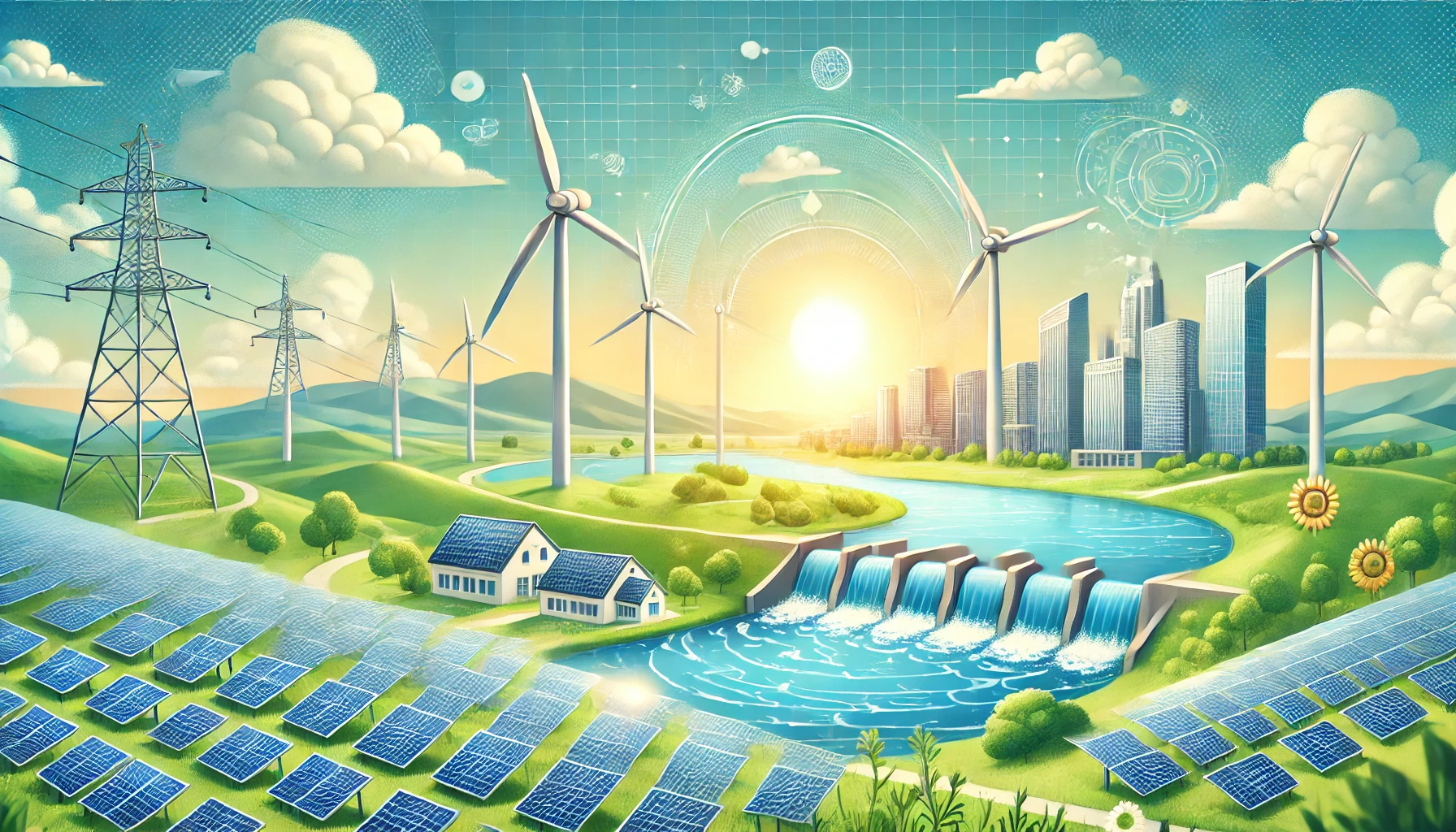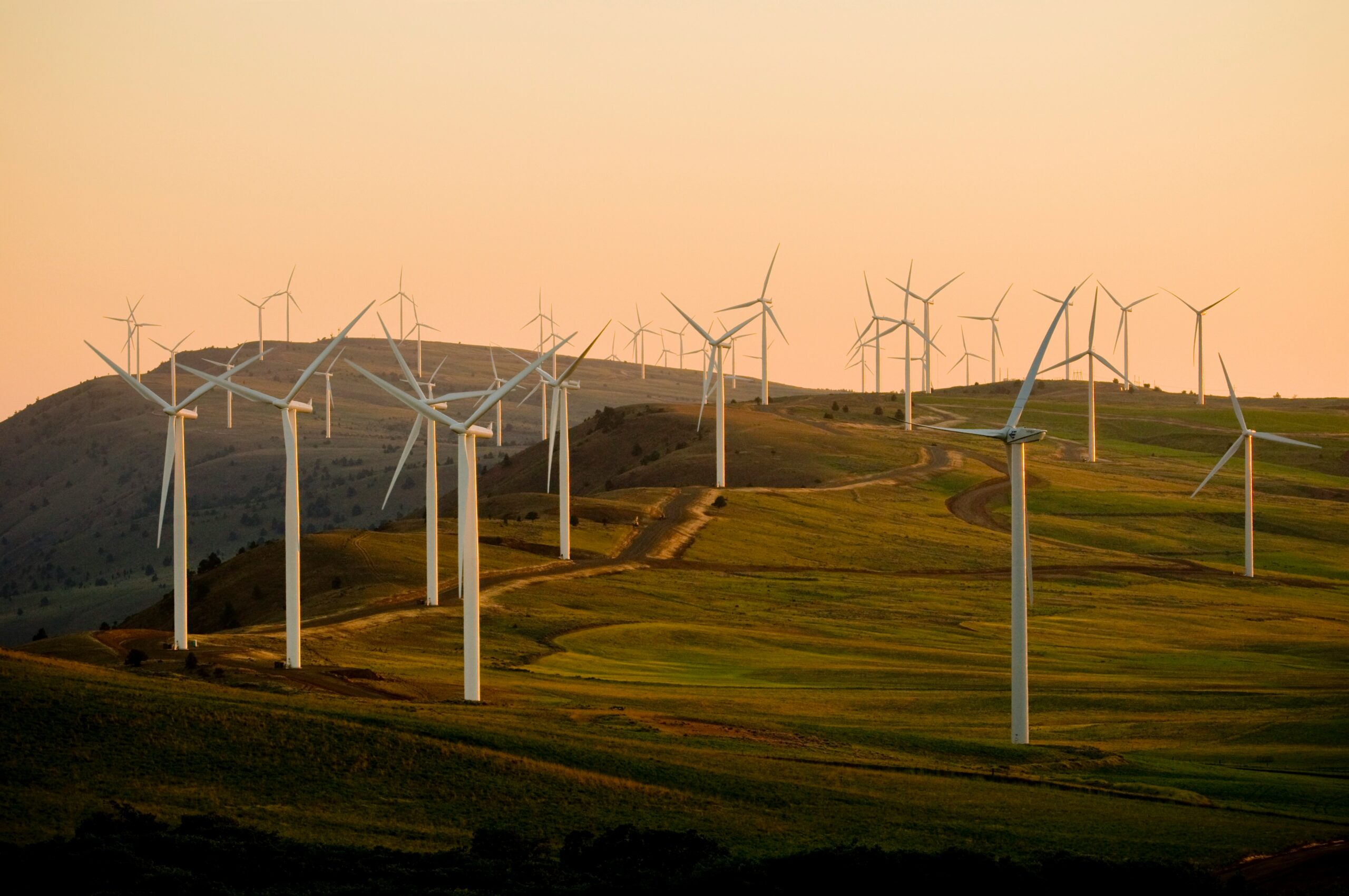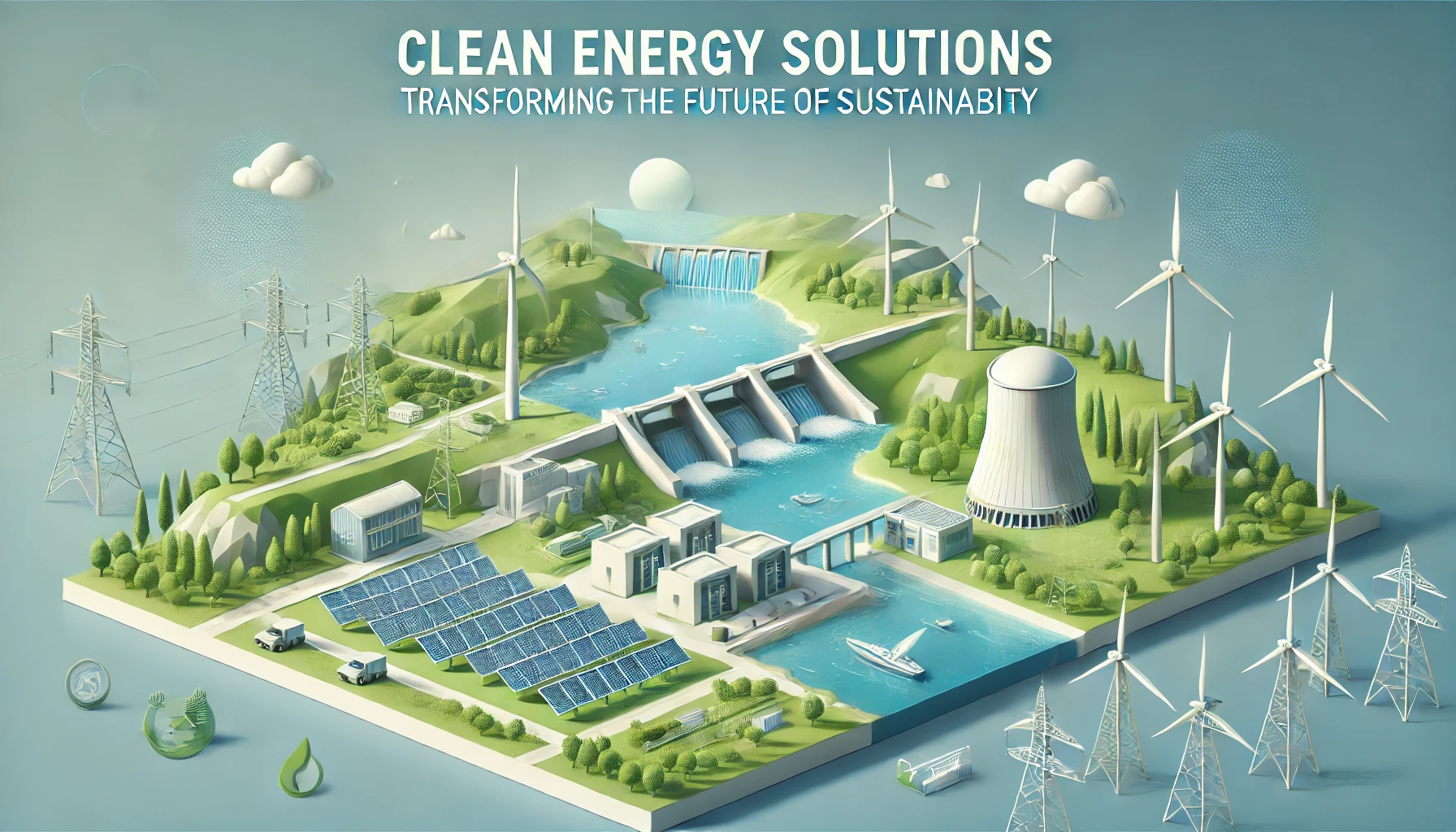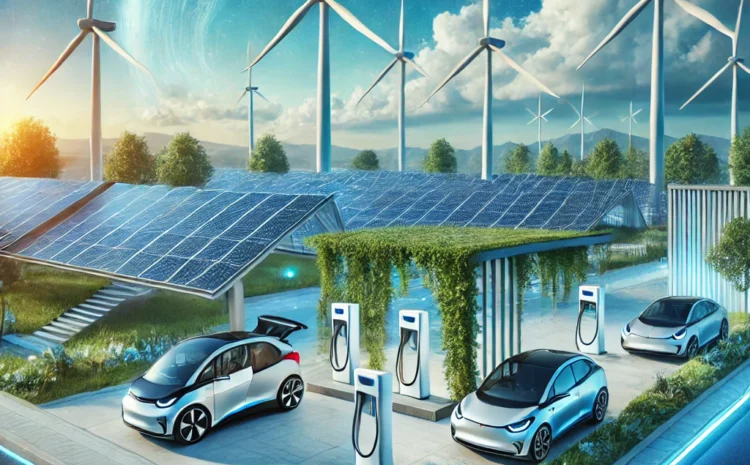As climate change intensifies, renewable energy has emerged as a key solution for creating a sustainable future. Clean energy sources like solar, wind, hydropower, and geothermal energy offer eco-friendly alternatives to fossil fuels, helping to reduce carbon emissions and promote environmental sustainability.
In this blog, we’ll uncover essential renewable energy facts and explain why transitioning to clean energy is crucial for the planet’s future.
What Is Renewable Energy?
Renewable energy comes from natural resources that are replenished constantly. Unlike fossil fuels, these resources are virtually inexhaustible and environmentally friendly. Here’s a breakdown of the most popular types of renewable energy:
- Solar Energy: Converts sunlight into electricity using solar panels.
- Wind Energy: Uses wind turbines to generate power.
- Hydropower: Produces electricity by harnessing flowing water.
- Geothermal Energy: Taps into underground heat to produce energy.
- Biomass Energy: Derived from organic materials like plants and waste.
Discover more about clean energy technologies at CleanEnergy.Batve.com.
5 Essential Facts About Renewable Energy
1. Renewable Energy Is Carbon-Free
Renewable energy sources produce little to no greenhouse gases. For example, solar and wind power generate electricity without emitting CO2, helping combat climate change.
2. Solar Energy Is the Fastest-Growing Energy Source
Solar power has become the most rapidly expanding renewable energy sector. Falling solar panel costs and increased efficiency have made it more accessible for residential and commercial use.
3. Wind Power Leads in Global Renewable Energy Production
Wind energy accounts for a significant portion of global renewable energy production. Offshore wind farms have greater capacity due to stronger and more consistent winds.
4. Hydropower Is the Oldest Form of Renewable Energy
Hydropower has been in use for over a century and remains one of the largest renewable electricity producers worldwide, thanks to large-scale dams and rivers.
5. Renewable Energy Is Cost-Effective
While initial installation costs can be high, renewable energy systems often reduce energy bills over time. Many governments also offer tax incentives and rebates for switching to green energy.
Why Is Renewable Energy Important?
- Environmental Protection: Reduces air and water pollution.
- Energy Security: Decreases reliance on imported fuels.
- Economic Growth: Creates jobs in the clean energy sector.
- Climate Action: Mitigates the impact of global warming.
Take Action for a Sustainable Future
Renewable energy is essential for reducing environmental harm while ensuring long-term energy security. Explore clean energy solutions tailored to your needs at CleanEnergy.Batve.com. Whether you’re interested in solar, wind, or other renewable technologies, take the first step toward a greener future today!



